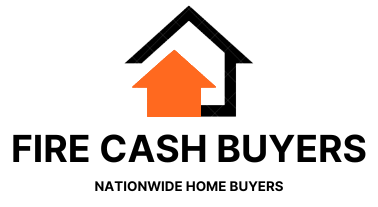Chimney Fire 101: What To Do After a Chimney Fire
We Buy Fire Damaged Houses
No Obligation Free & Easy Offer
Get Cash Offer
We will get back to you as soon as possible.
Please try again later.
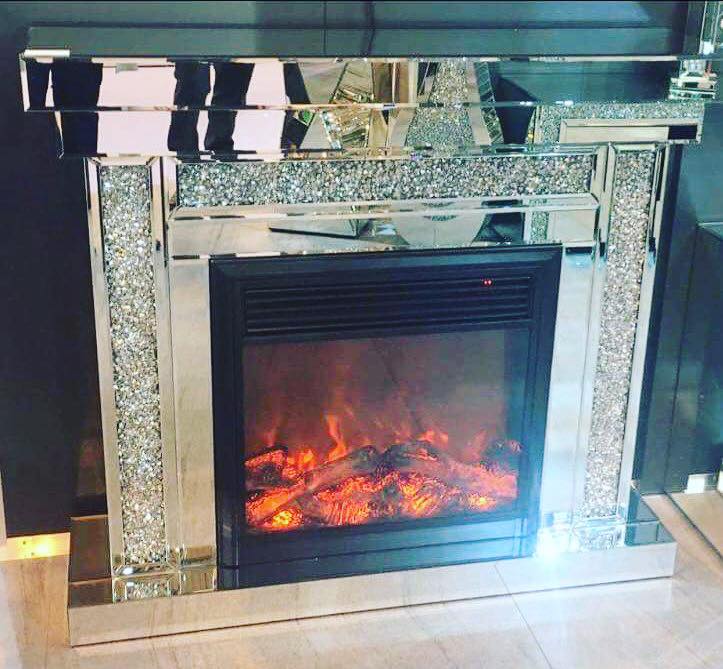
No matter how small or large your chimney fire was, it can still be a very scary experience to go through for you as a homeowner.
Chimney fires start when a fire gets out of control, or there is a build up or creosote inside your chimney. Once the fire department has come by your home to extinguish the fire and it's safe for you and your family to reenter, what should be your first steps?
Throughout this article, we will discuss all the steps you should take after a small chimney fire or a large chimney fire and how to prevent chimney fires in the future.
Getting the All Clear from the Fire Department
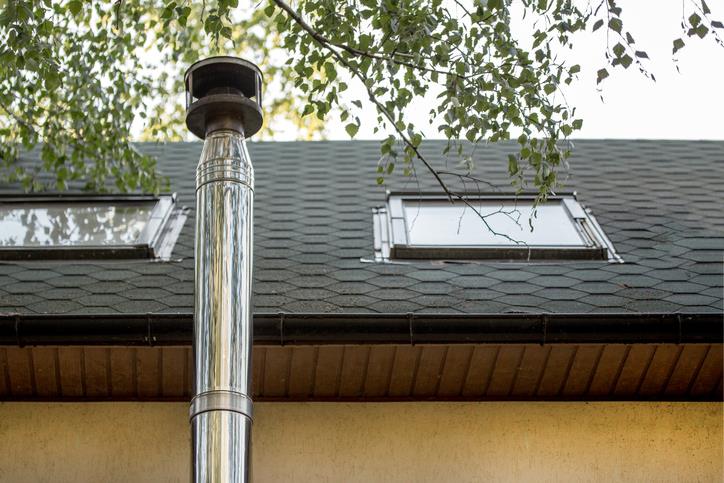
Once you receive the okay to go back inside your home from the fire department, indicating that the home's air supply is safe the breathe (free of carbon monoxide and other harmful toxins) and that the entire chimney fire has been extinguished, you will want to start assessing the damage and make a game plan for repair.
Inspect various elements of your fireplace, fire box, chimney cap, chimney pieces, flue tiles, and tile liners for any signs of damage. In order to maintain good chimney safety, its best to start calling professionals to further asses the damage and to help you make repairs.
Calling the Professionals - A Professional Chimney Sweep
First, you should try to figure out what type of chimney you have to help the professionals you call have a better idea of what to expect when they arrive at your home. Do you have a masonry chimney, a prefabricated chimney, a metal chimney, or metal flue liners coming from a wood stove?

Once you have that information, you should call a chimney sweep to inspect your entire chimney system for damage.
Not all chimney fires will cause extreme temperatures and extreme damage. Still, its best to have professional asses any damage that you might not see, like roof cracks and damage to masonry chimneys only visible from the roof.
If you have had a chimney fire, make sure to call a CSIA certified chimney sweep. They will be the best prepared to handle most chimney fires. The chimney safety institute has a list of professionals you can call.
Once an inspection is completed of your chimney, you will need to make necessary repairs to prevent chimney fires in the future.
Knowing the Warning Signs of a Chimney Fire
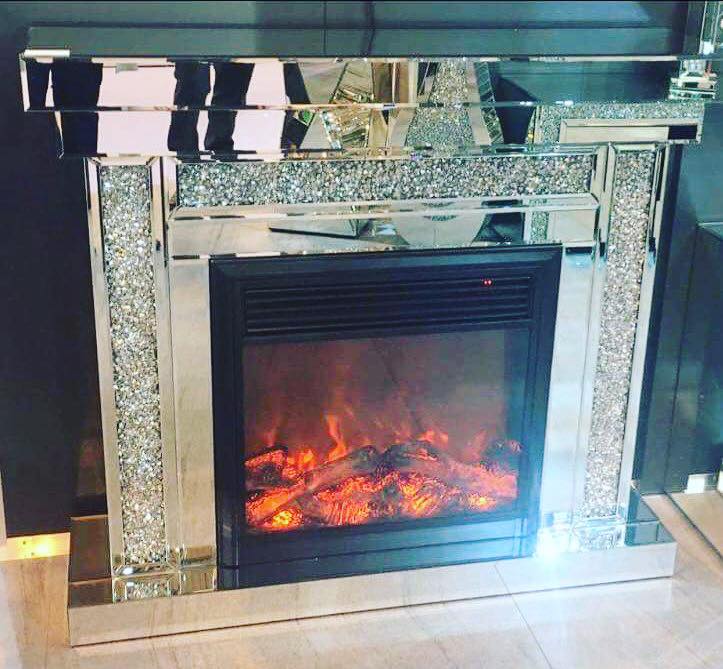
To be better prepared in the future to prevent chimney fires, you will need to familiarize yourself with the warning signs/ early signs of a chimney fire. The signs of a chimney fire include:
- Dense smoke coming from the fireplace
- High temperatures - hotter than normal
- A roaring sound coming from the fireplace, similar to a freight train
- An intense hot smell coming from the chimney or fireplace
- Black smoke coming from the chimney top
- Loud popping noises
If you have a slow-burning fire in your chimney, there is a good chance you won't even be aware it's happening.
Sometimes smaller chimney fires can go undetected for months or even years until a chimney inspection is conducted during regular maintenance by a certified chimney sweep.
WE CAN HELP WITH ANY SITUATION AND WE'RE READY TO GIVE YOU A FAIR CASH OFFER!
Enter Your Information Below it is Quick, Easy & Free!
Get Cash Offer
We will get back to you as soon as possible.
Please try again later.
How to Prepare for a Future Chimney Fire
While it is unlikely that you will have a second chimney fire if you are conducting regular maintenance of chimney sweeping, there is always the possibility.
The best way to avoid a potential disaster is to be prepared. Follow the list below for a helpful list of tips:
- Have a fire extinguisher near your fireplace
- Remove combustible items from the area surrounding your fireplace that could burn explosively or are highly combustible
- Try not to burn freshly cut wood, and do not burn wood with a high moisture content
- Burn only dry seasoned wood in your fireplace
- Conduct annual inspections of your chimney for heat damage, birds nests, creosote, or signs of fire
Following these steps and practicing good chimney maintenance will help you avoid a dangerous situation.
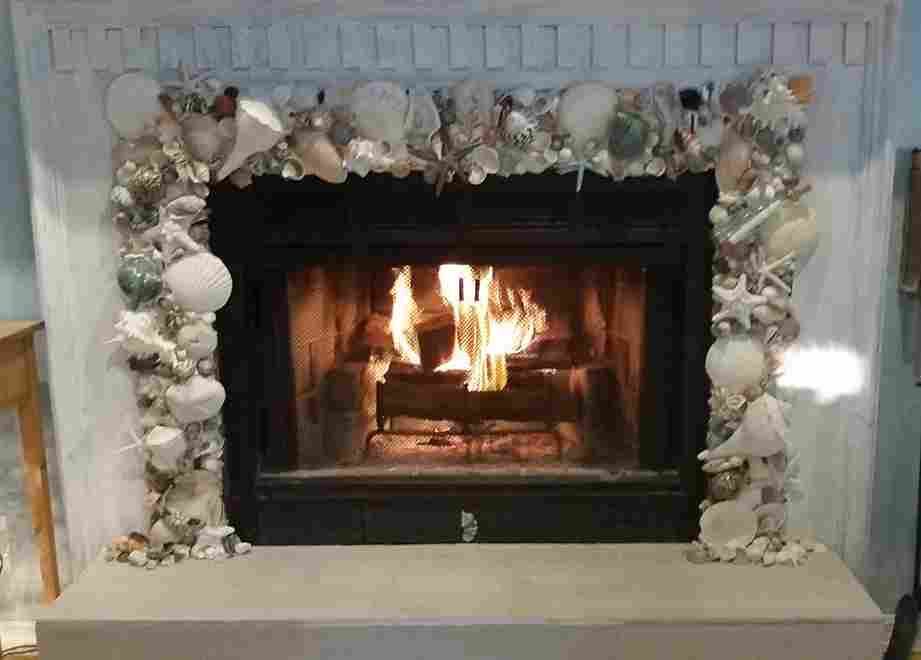
We Buy Fire Damaged Houses
No Obligation Free & Easy Offer
Get Cash Offer
We will get back to you as soon as possible.
Please try again later.

Happy Customers



All Rights Reserved | Fire Cash Buyers
